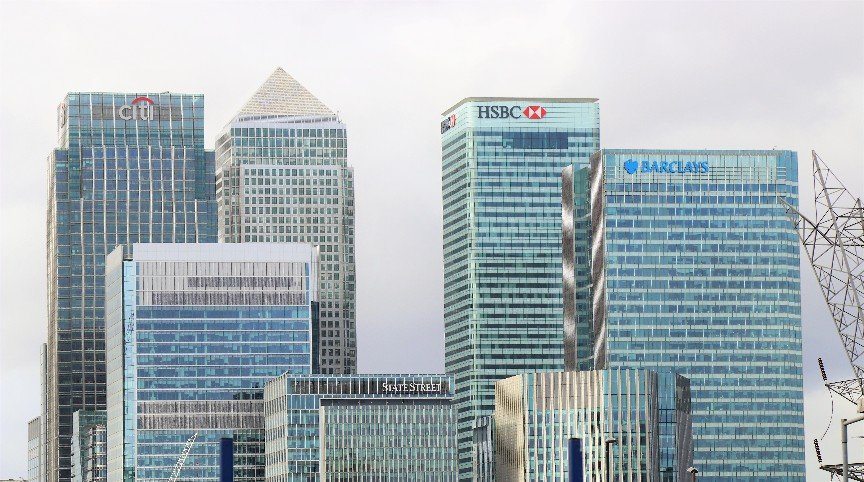Labor & Economy
Dollars and Sense: Panel Takes on the Banking Industry
With the failings of large banks in the news, Capital & Main assembled a panel of bankers and advocates last week to discuss an alternative vision for an industry that affects the lives of nearly everyone in the country — at a time when the Republican Congress is stripping away consumer protections at every turn.

With the failings of large banks in the news, Capital & Main assembled a panel of bankers and advocates last week to discuss an alternative vision for an industry that affects the lives of nearly everyone in the country. That industry has been responsible for what panelist Kat Taylor, co-CEO and co-founder of Beneficial State Bank, described as a “train of misery” that took the country into the worst economic crisis since the Great Depression.
Banking was once a conservative business built on trusting relationships, noted Amalgamated Bank CEO and president Keith Mestrich. But the banks that dominate the industry, he added, have now become trillion-dollar profit-maximizing institutions divorced from the concerns of the people they were meant to serve.
The consequence: Subprime lending, terrifyingly complex financial instruments and a fiscal mess that has disproportionately left Latinos, African-Americans and many in the Asian community “deeply stripped of wealth,” said Paulina Gonzalez, the California Reinvestment Coalition’s executive director. Gonzalez is an advocate for communities that have historically suffered from both bank redlining and predatory lending practices.
None of the panelists expected allies from a Republican Congress anxious to strip away consumer protections at every turn, as evidenced last week by attacks from the House Financial Services Committee on the head of the Consumer Financial Protection Bureau. That Obama-era creation has been responsible for returning $12 billion to consumers.
Each of the speakers promoted another model for banking that aims to restore relationships of trust, make banking services more broadly available and set criteria for investments, such as refusing to support fossil-fuel production. “Banking is not finance,” said Taylor. “It’s how we want to build the world we live in.”
Aspiration CEO Andrei Cherny suggested that power lay in harnessing the $36 billion consumers spend every day online and at the mall, in support of a set of progressive values. “If progressive financial institutions can help people make better decisions on which companies they are supporting,” said Cherny, “we can truly have an impact on forcing companies to change.”

-

 Latest NewsJanuary 13, 2026
Latest NewsJanuary 13, 2026Straight Out of Project 2025: Trump’s Immigration Plan Was Clear
-

 Column - State of InequalityJanuary 22, 2026
Column - State of InequalityJanuary 22, 2026On Eve of Strike, Kaiser Nurses Sound Alarm on Patient Care
-

 Column - California UncoveredJanuary 14, 2026
Column - California UncoveredJanuary 14, 2026Keeping People With Their Pets Can Help L.A.’s Housing Crisis — and Mental Health
-

 Latest NewsJanuary 16, 2026
Latest NewsJanuary 16, 2026Homes That Survived the 2025 L.A. Fires Are Still Contaminated
-

 The SlickJanuary 20, 2026
The SlickJanuary 20, 2026The Rio Grande Was Once an Inviting River. It’s Now a Militarized Border.
-

 Column - State of InequalityJanuary 15, 2026
Column - State of InequalityJanuary 15, 2026When Insurance Says No, Children Pay the Price
-

 Latest NewsJanuary 21, 2026
Latest NewsJanuary 21, 2026Honduran Grandfather Who Died in ICE Custody Told Family He’d Felt Ill For Weeks
-

 The SlickJanuary 19, 2026
The SlickJanuary 19, 2026Seven Years on, New Mexico Still Hasn’t Codified Governor’s Climate Goals

